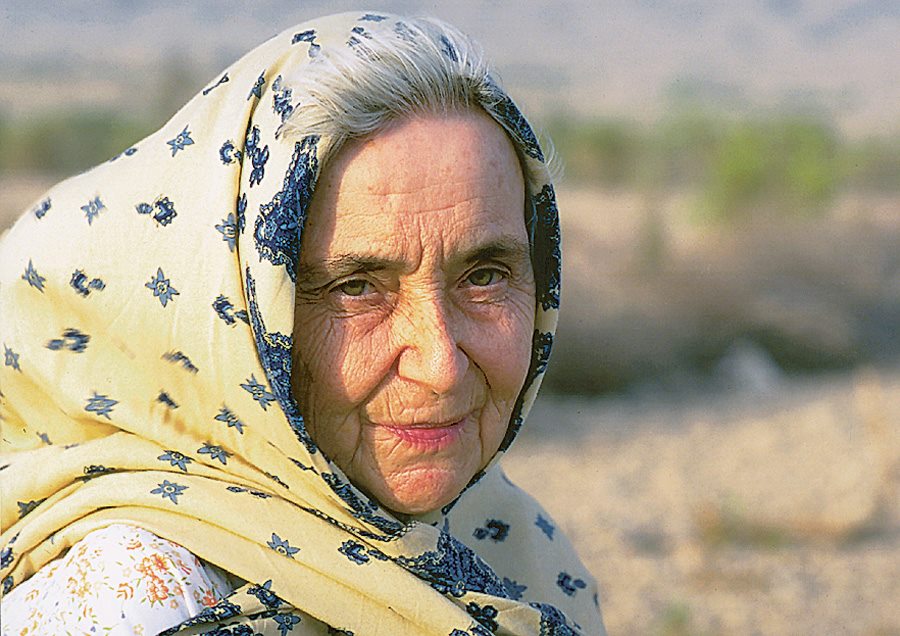Pakistan's Mother Teresa
August 20, 2017 | Expert Insights

The Islamic Republic of Pakistan and the Church have come together to prepare for an unprecedented state funeral for Ruth Pfau, a Catholic nun.
During her incredible life, the “Mother Teresa of Pakistan”, spent decades selflessly treating patients with leprosy.
Background
Mother Teresa (Saint Teresa of Calcutta) is beloved even today by millions across the world for dedicating her life to helping those dying of HIV/AIDS, leprosy and tuberculosis in India. The Albanian-Indian, was awarded the Nobel Peace Prize in 1979. She founded the Missionaries of Charity, which has chapters across the world aiding the poorest of the poor. When she passed away in 1997, she received a State Funeral from the government of India. Millions across the world came to Calcutta (Kolkata) to express their love and gratitude for the beloved Mother Teresa.
Sister Dr Ruth Katherina Martha Pfau was born in 1929. Similar to Mother Teresa, she decided to spend over five decades treating patients with leprosy in Pakistan – her chosen home. She was born in Germany but spent her life in Pakistan since 1960. Upon joining the Daughters of the Heart of Mary, she had been originally assigned to work in India and not Pakistan. However, a problem with the visa meant that she was stuck in Karachi. She travelled extensively within Pakistan and came to witness the realities of leprosy. Thus, she made up her mind to stay back in the nation and help those who needed it the most as she had trained to be a doctor before becoming a nun. She once spoke to BBC about her experience working in Pakistan and her crusade against leprosy by noting, “Actually the first patient who really made me decide was a young Pathan. He crawled on hands and feet into this dispensary, acting as if this was quite normal, as if someone has to crawl there through that slime and dirt on hands and feet, like a dog.”
Analysis
During the years she spent in Pakistan, she rescued and took care of children who were disfigured and ailing. Additionally, Dr Pfau personally trained multiple doctors and nuns across the country to ably treat leprosy patients.
She also was instrumental in helping people during the devastating floods in Pakistan in 2010. For her efforts, the Pakistani government conferred her with the second highest civilian honor Hilal-e-Imtiaz, in 1979. She has received many laurels and has written multiple books about her life’s work and advocacy.
Tributes have poured in from all quarters of Pakistan upon her death. Pakistan's Prime Minister Shahid Khaqan Abbasi announced that a state funeral would be held for her adding, “She gave new hope to innumerable people and proved through her illustrious toil that serving humanity knows no boundaries. We are proud of her exemplary services, and she will remain in our hearts as a shining symbol in times ahead."
Assessment
Our assessment is that the lives of these incredible and selfless women are illuminating examples for the best of humanity. They left their homes and families behind to dedicate themselves to help and aid those who are often forgotten by the society. They are shining symbols of hope and godliness.








Comments